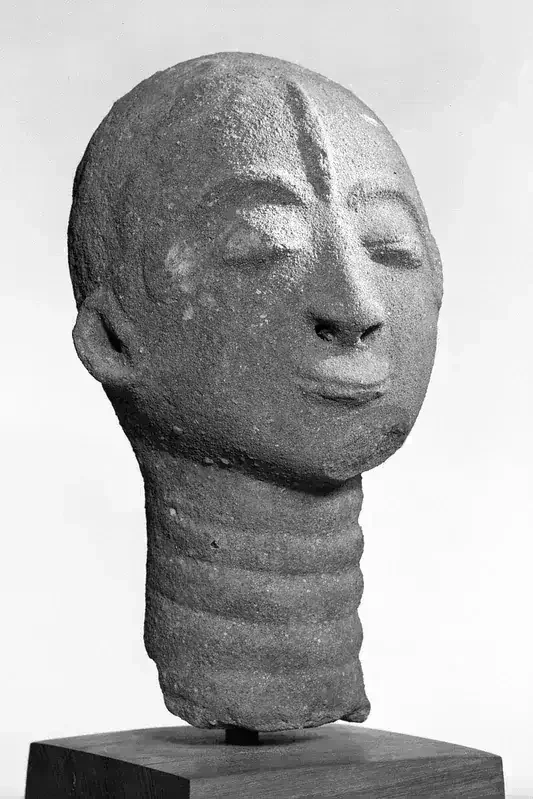Lucretia

According to Roman tradition, Lucretia (/luːˈkriːʃə/ loo-KREE-shə, Classical Latin: [ɫʊˈkreːtia]; died c. 510 BC), also anglicized as Lucrece, was a noblewoman in ancient Rome whose tragic fate changed the course of Roman history. After being raped by Sextus Tarquinius (Tarquin), son of King Lucius Tarquinius Superbus, Lucretia took her own life.
Her suicide sparked a rebellion that overthrew the Roman monarchy and established the Roman Republic. The assault intensified existing resentment toward the tyrannical rule of Tarquin's father, the last king of Rome. In response, prominent Roman families formed a republic, expelled the entire royal family, and successfully defended their new government against attempted interventions from Etruscan and Latin forces.
No contemporary sources document Lucretia's story. Our knowledge comes primarily from accounts written approximately 500 years later by Roman historian Livy and Greco-Roman historian Dionysius of Halicarnassus. While secondary sources generally agree on the basic narrative, details vary between historians.
Evidence suggests a historical woman named Lucretia likely existed and played a pivotal role in the monarchy's downfall, though specific details remain uncertain. Modern scholarship considers Lucretia's narrative part of Roman mythohistory. Similar to the rape of the Sabine women, Lucretia's story explains significant political transformation in Rome through an account of male violence against women.


